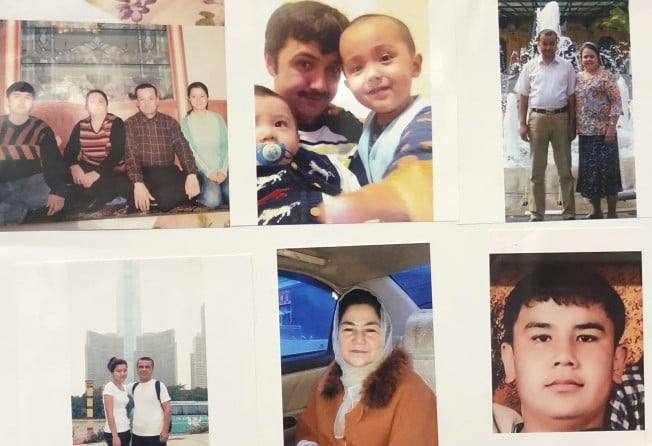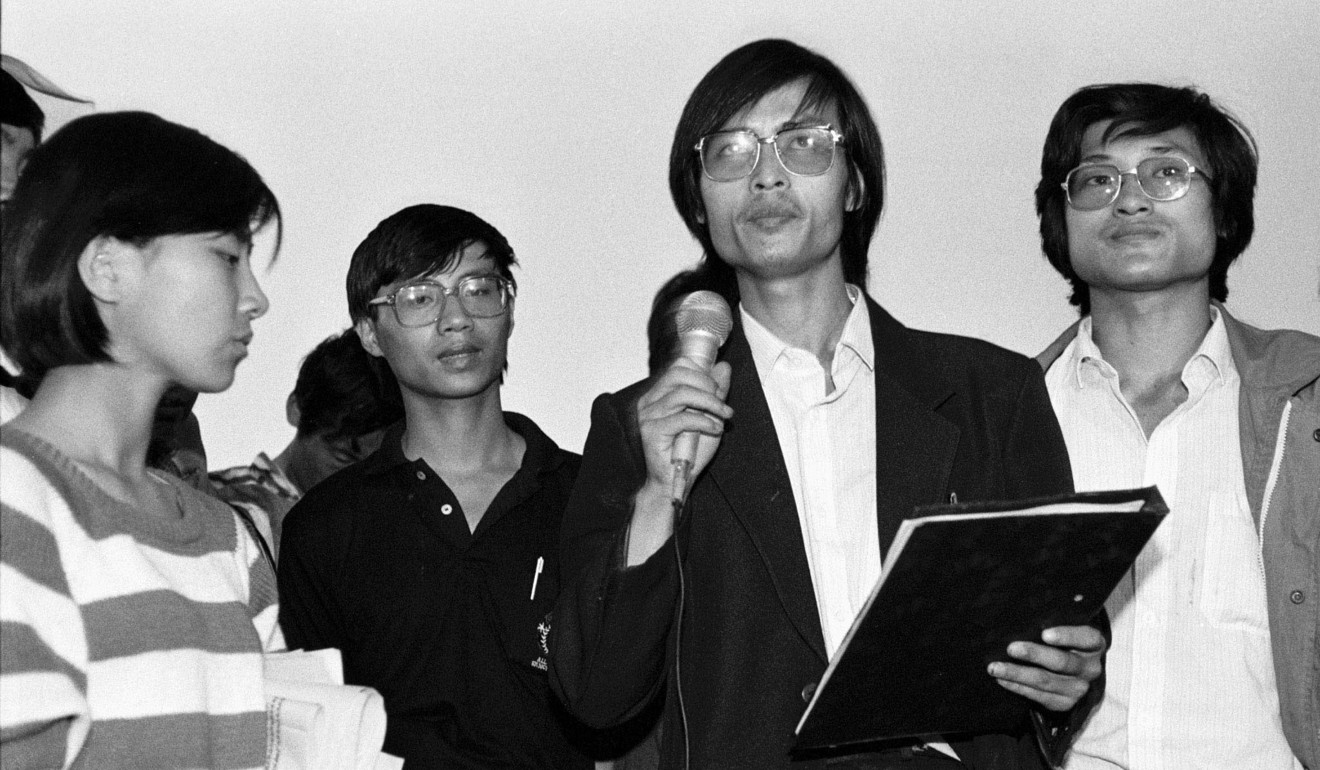Steve Bannon is right about overseas Chinese – they’ve been careful around Beijing and too silent on Xinjiang
- Influential Chinese-Americans have condemned racial profiling in the US, but are coy about sensitive issues in China. It is understandable, given the businesses at stake. But they should consider Albert Einstein’s courageous example

There has been palpable confusion and anxiety lately in the Chinese-American community amid the ever-escalating hostility between Washington and Beijing.
I felt a mix of relief and other emotions when the Committee of 100, or C100, a New York-based group of influential Chinese-Americans including cellist Yo-Yo Ma, architect I.M. Pei, figure skater Michelle Kwan and Yahoo founder Jerry Yang, took a stand in a statement on April 7. It condemned racial profiling whereby “Chinese-Americans are being targeted as potential traitors, spies, and agents of foreign influence” and said the practice “simply has to stop”.
But former Trump adviser Steve Bannon doesn’t buy that. At a round table of the newly formed Committee on the Present Danger: China in Washington days later, he rejected the notion that the US’ showdown with China is racially motivated. Dismissing the C100’s statement, he said: “Tell that to the Chinese people that are enslaved. Tell that to the freedom fighters here from China … all the great patriots that have fought for their fellow men in China.”
In the United States, the leading Chinese-language newspapers also have a different perspective from the Chinese elite. In an editorial published on April 9, World Journal acknowledged the concerns raised by C100, but pointed out the group’s blind spot: what about the Chinese immigrants who have taken the oath of allegiance to the US but still identify with Chinese nationalism and pander to Beijing in exchange for political and business benefits?
C100 maintains that Chinese-Americans have made many contributions to America and that the overzealous criminal prosecutions of Chinese scientists cause anxiety in the Chinese community and will hurt America eventually.
Charlie Woo, who leads C100’s policy engagement committee, told me in a telephone interview: “Our efforts are to be an inclusive part of America. We want our children to make as much contribution as fits their abilities, that should not be related to the Chinese government’s policies. We seek equal treatment just as every American would.”
As for Chinese dissidents in the US, Woo said: “Different people have different opinions and life experiences.” But, he added, “C100 should not be judged by whether we criticise China”.
Of course, even C100 itself is a diverse organisation with controversial figures. Its new members have considerable business stakes in China so it is natural that they would be selective and tactical in taking stances on sensitive issues.
China-born, Taiwan-raised billionaire Roger Wang, the newly elected chairman of C100, built his fortune with real estate and department stores in China. But C100 also has members Beijing might not like, such as Columbia University trustee Li Lu.

Li was one of the most prominent student leaders of the 1989 Tiananmen Square protests, when he took part in a hunger strike and even had a symbolic wedding ceremony right under the Monument to the People’s Heroes.
He fled China with help from Operation Yellowbird, a Hong Kong-based escape network for dissidents. However, his case has since taken a dramatic turn. Now an investor who has been talked up as a possible successor to Warren Buffett, Li has reportedly been cleared by Beijing for business travel to China.
At the same time, Chinese leaders have been calling on overseas Chinese to rally behind Beijing. At the opening of the Chinese People’s Political Consultative Conference in 2018, then chairman Yu Zhengsheng said he would “mobilise all the sons and daughters of Chinese descent to work together for the greater national interests and the realisation of the Chinese dream”.
Chinese organisations with different styles are needed to mobilise and empower overseas Chinese. United Chinese-Americans, established by long-time Chinese-American community activist Haipei Shue, has broken ground by inviting FBI and Department of Justice officials to its events.
Both agencies have interacted directly with the Chinese community and explained that they target suspicious behaviour, not a specific group of people.
And when glaring issues make the headlines worldwide, like the reeducation camps in Xinjiang, it’s simply incomprehensible that public figures in the Chinese community remain unnaturally calm.
For decades, the Jewish community has been a model of civic engagement and political participation for the Chinese-American community. Here, a look at what Albert Einstein, the pride of the Jewish people, did for his fellow men in Europe may be illuminating.
In exile in the US in the 1930s, Einstein made his mark on history by courageously opposing Adolf Hilter’s actions in his motherland, Germany, and warning world leaders about Hitler’s intention to wage war. Publicly, he resigned from the Prussian Academy of Sciences in Berlin.
Privately, he wrote to a fellow German scientist to refute a charge back home that he had spread rumours against Germany; Einstein said he had spoken to combat what was obviously a Nazi “war of extermination against my Jewish brethren”.
Of course, the world is in no danger from Hitler types now. However, how is it acceptable that the world doesn’t have a clearer picture of what is happening in Xinjiang? Aren’t Uygurs and Xinjiang part of China? Couldn’t the overseas Chinese elite do more for all Chinese?
Billy Huang has served media outlets in Beijing, Hong Kong, Singapore and the United States for more than 20 years. [email protected]